CNC machining services forUSA
Submit your order for premium custom parts
CY's CNC machining services, in USA , makes precision components for your needs.

Welcome to DongGuan ChengYang, your premier provider of CNC machining services for Maryland. With years of experience and a dedication to quality, we are committed to delivering superior machining solutions to meet all of your needs.
Our team of skilled professionals specializes in providing precise and efficient CNC machining services to clients in Maryland and beyond. From prototype development to large-scale production runs, we have the expertise and capabilities to handle projects of any size and complexity.
Whether you are in need of milling, turning, or grinding services, you can trust DongGuan ChengYang to deliver top-notch results every time. Contact us today to learn more about how we can assist with your CNC machining needs in Maryland.
CNC Machining services
Dongguan C.Y. utilizes a full suite of CNC milling equipment—including 3-axis, 4-axis, and 5-axis CNC milling machines, allowing us to efficiently machining parts ranging from basic to advanced.
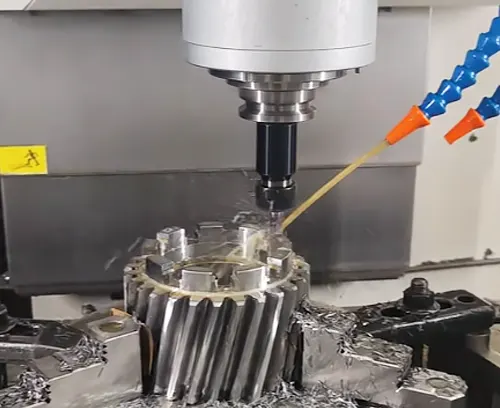
CNC Milling
Our shop features CNC milling capabilities, meeting customer needs with efficient, high-quality part production.
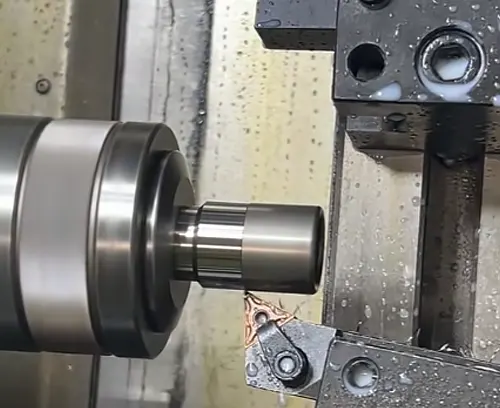
CNC Turnning
CY's CNC lathes, turning centers, and mill-turn equipment enable us withpresicion to produce a broad range of parts for every client.
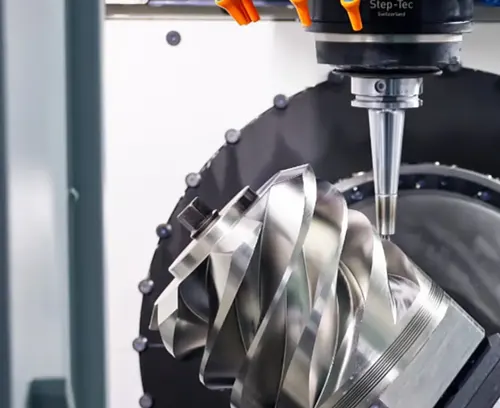
5 Axis CNC Milling
Offer 5-axis machining technology for complex and finely calibrated components. Featuring speed processing, it's perfect for complex designs.
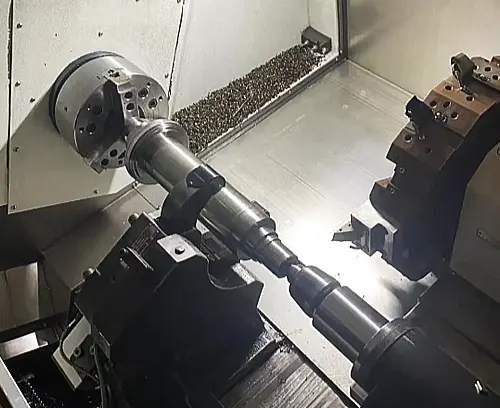
Precision Machining
Execute top-tier machining services by combining several production phases to boost performance, exactness, and shorten lead times, delivering consistent and superior results.
Capabilities
Maximum Dimensions
2000mm x 1500mm x 800mm or 78.7 x 59 x 31.5 inches.
Maximum Dimensions
2000mm x 1500mm x 800mm or 78.7 x 59 x 31.5 inches.
Support Threading
Prefer Metric Threads, Also Support UNC and UNF threads.
Wall Thickness
Generally, a workable minimum wall thickness is 0.5mm for metals and 1.0mm for plastics.
Material Available
Metals: Aluminum, Copper, Brass, Bronze, Stainless Steel, Carbon Steel, Steel Alloy, Titanium, and plastic, etc .
Tolerances
Dimension: Depends on the size and material, generally +/- 0.01mm or 0.0004 inches
Common CNC DFM
With Design for Manufacturing, a product is designed from the start to be easier and cheaper to produce.

Sharp Corner

Undercut

Undercut

Thick Walls

Tolerance Guide

Small Hole

Narrow Area
Metal Materials
We offer instant quotes for over 100 metals and help compare processing material costs.Our platform offers quick quotes for 100+ metals and helps you assess processing costs.
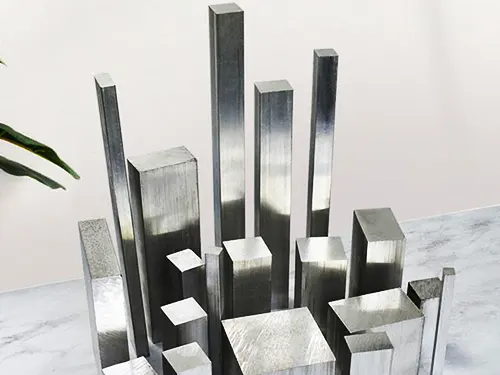
Aluminum
Aluminum is a widely used material in CNC machining due to its excellent machinability, lightweight nature, and high strength-to-weight ratio. It is often chosen for manufacturing parts that require intricate designs, tight tolerances, and durability. Some common types of aluminum alloys used in CNC machining include 6061, 7075, and 2024. 6061 aluminum is known for its good weldability and formability, making it suitable for a wide range of applications. 7075 aluminum is a high-strength alloy with excellent fatigue resistance, commonly used in aerospace and military applications. 2024 aluminum is prized for its high strength and good machinability, making it popular for structural components and aerospace parts. Each type of aluminum alloy offers unique characteristics that cater to different machining needs.
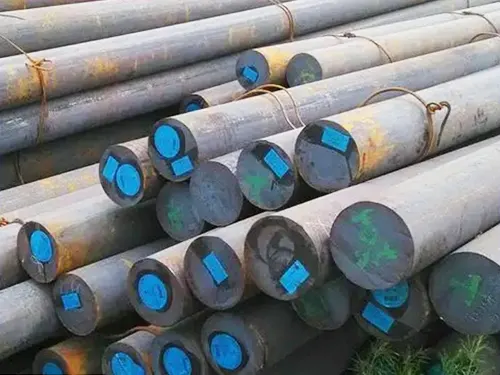
Carbon Steel
Carbon steel is a popular material used in CNC machining due to its durability, strength, and affordability. It is a type of steel that contains varying amounts of carbon, typically between 0.12% and 2.0%. Carbon steel can be easily machined, welded, and formed into various shapes, making it ideal for a wide range of applications. Some common types of carbon steel used in CNC machining include low carbon steel (1018, A36), medium carbon steel (1045, 4140), and high carbon steel (1095). These materials offer different levels of hardness, strength, and wear resistance, allowing manufacturers to choose the best option for their specific machining needs.
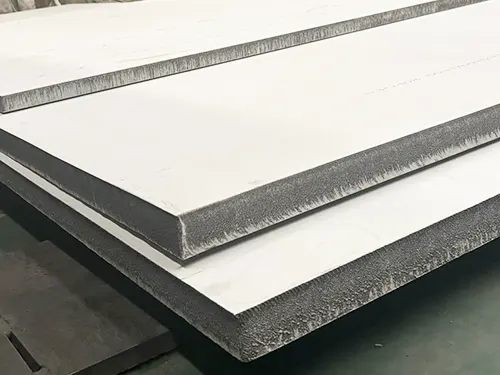
Stainless Steel
Stainless steel is a popular material used in CNC machining due to its durability, corrosion resistance, and aesthetic appeal. It is an alloy composed of iron, carbon, chromium, and other elements, making it strong and able to withstand high temperatures. Common types of stainless steel used in CNC machining include 303, 304, and 316. 303 stainless steel is easier to machine but less corrosion resistant than 304 stainless steel, which is often used in food processing equipment. 316 stainless steel, on the other hand, has excellent corrosion resistance and is commonly used in marine applications. These different types of stainless steel offer a range of properties that are beneficial for various machining applications.
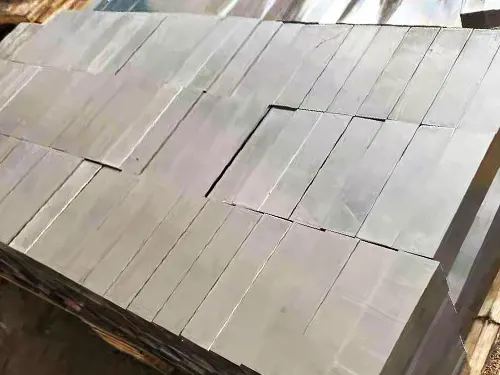
Tool Steel
Tool steel is a type of carbon and alloy steel that is specifically designed for use in the production of cutting tools, molds, and dies utilized in CNC machining operations. Tool steel is known for its hardness, wear resistance, and ability to withstand high temperatures, making it ideal for producing precision parts. Some common types of tool steel used in CNC machining include D2 steel, A2 steel, O1 steel, and M2 steel. D2 steel is a high carbon, high chromium tool steel known for its excellent wear resistance and toughness. A2 steel is an air-hardening tool steel that offers good wear resistance. O1 steel is an oil-hardening tool steel with good wear resistance and machinability. M2 steel is a high-speed steel known for its superior heat resistance and wear resistance.
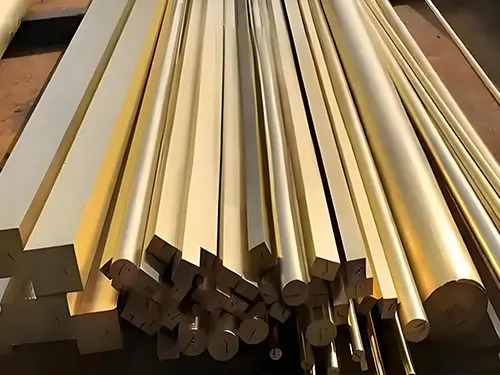
Brass
Brass is a popular material used in CNC machining due to its excellent machinability, corrosion resistance, and aesthetic appeal. It is a metal alloy made primarily of copper and zinc, with small amounts of other elements such as lead or tin. Common types of brass used in CNC machining include C360, C464, and C260. C360 brass, also known as free machining brass, is easily machinable and ideal for intricate parts. C464 brass, or naval brass, offers high corrosion resistance and strength, making it suitable for marine applications. C260 brass, known as cartridge brass, exhibits good formability and ductility, making it a versatile option for various machining projects. Overall, brass is a versatile and reliable material for CNC machining with a wide range of applications.
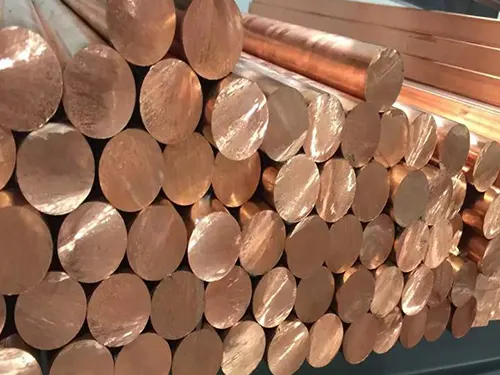
Copper
Cooper is a common material used in CNC machining due to its excellent conductivity and malleability. It is often utilized for making electrical components and machine parts that require precise shaping. Some common types of materials used in CNC machining include aluminum, stainless steel, brass, and plastic. Aluminum is widely used for its lightweight properties and corrosion resistance, making it ideal for aerospace and automotive industries. Stainless steel is valued for its strength and durability, commonly used in building construction and machinery. Brass is known for its high machinability and aesthetic appeal, often found in decorative fixtures and hardware. Lastly, plastic materials like nylon and PVC are popular for their versatility and affordability, suitable for various applications ranging from prototypes to consumer products.
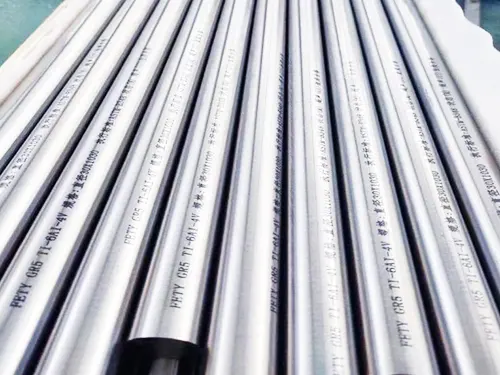
Titanium
Titanium is a popular material used in CNC machining due to its high strength-to-weight ratio, corrosion resistance, and biocompatibility. It is commonly used in aerospace, medical, and automotive industries for producing complex and high-performance components. Some common types of titanium alloys used in CNC machining include Grade 5 titanium (Ti-6Al-4V), Grade 2 titanium, Grade 1 titanium, and Grade 4 titanium. Each of these titanium alloys offers distinct properties suitable for different applications, ranging from high strength and toughness to excellent weldability. With its versatility and durability, titanium continues to be a preferred choice for CNC machining in various industries.
Plastic Materials
We offer instant quotes for over 200 plastics and help compare processing material costs.
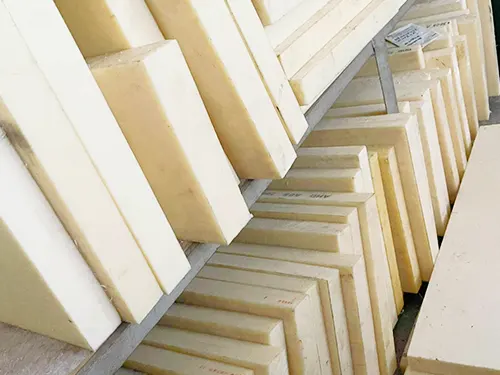
ABS
ABS, or Acrylonitrile Butadiene Styrene, is a common thermoplastic polymer that is widely used in CNC machining due to its strong impact resistance and high stiffness. Its advantages include excellent dimensional stability and resistance to high temperatures, making it suitable for a wide range of applications. ABS is also known for its ease of machining, as it can be easily turned, milled, or drilled. However, one disadvantage of ABS is that it can be prone to warping if not properly cooled during the machining process. Additionally, ABS can release harmful fumes when heated, so proper ventilation is necessary when working with this material. Despite these drawbacks, ABS remains a popular choice for CNC machining due to its versatile properties.
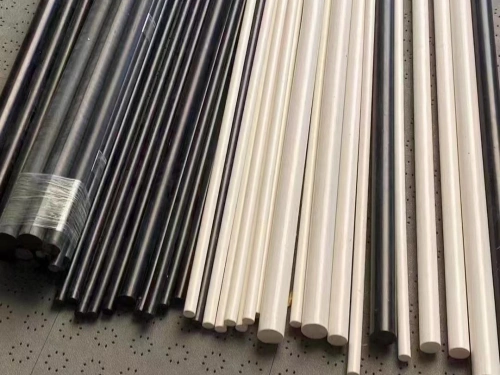
PMMA
PMMA, also known as polymethyl methacrylate, is a popular material used in CNC machining. It is a transparent thermoplastic that is valued for its high impact resistance and optical clarity. PMMA is a versatile material that can be easily machined to create intricate and precise components. Its advantages include excellent dimensional stability, good chemical resistance, and the ability to be polished to a high gloss finish. However, PMMA does have some disadvantages, such as its lower heat resistance compared to other engineering plastics like PEEK or Nylon. It is also prone to scratching and can be more brittle than other materials, making it less suitable for applications that require high impact resistance. Despite its drawbacks, PMMA remains a popular choice for CNC machining due to its optical clarity and ease of machinability.
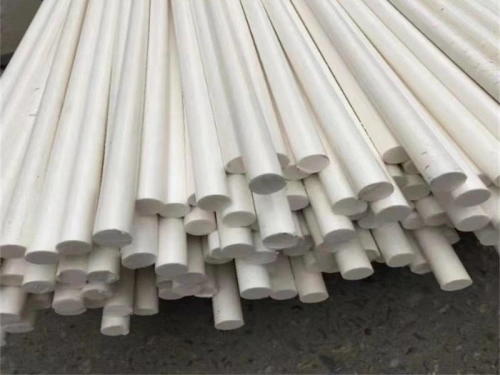
PE
PE in CNC machining stands for Precision Engineering. It refers to the process of creating intricate and accurate components using computer numerical control technology. The advantage of utilizing PE in CNC machining is the ability to produce high-quality, complex parts with tight tolerances. This results in improved product performance and durability. Additionally, PE allows for faster production times and increased efficiency in the manufacturing process. However, a disadvantage of PE in CNC machining is the higher cost associated with the specialized equipment and skill set required. Additionally, the complexity of PE processes can sometimes lead to challenges in maintenance and repair. Overall, while PE offers numerous benefits in CNC machining, it is important to carefully weigh the advantages and disadvantages before implementing this technology.
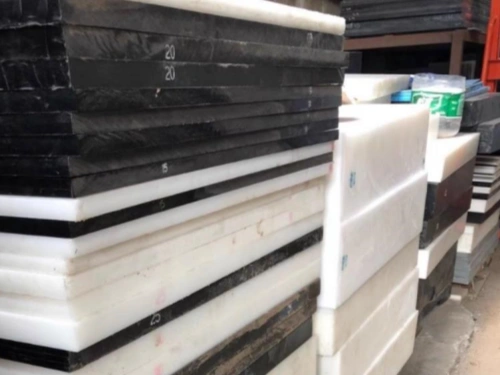
Nylon
Nylon is a popular material used in CNC machining due to its versatility and durability. Nylon is a synthetic thermoplastic that can be easily molded into complex shapes, making it ideal for a wide range of CNC machining applications. One of the main advantages of using nylon in CNC machining is its low friction coefficient, which allows for smooth operation and reduced wear on cutting tools. Additionally, nylon is resistant to chemicals, oils, and abrasion, making it a reliable option for long-term use. However, nylon can be prone to moisture absorption, which can affect its dimensional stability and lead to potential issues during machining. Overall, nylon is a versatile material for CNC machining with both advantages and disadvantages that should be considered when selecting materials for a project.
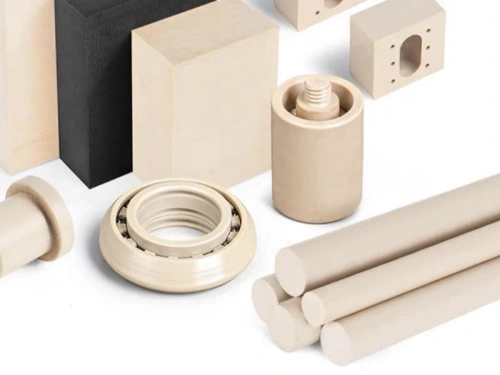
PEEK
PEEK, or Polyetheretherketone, is a high-performance thermoplastic material commonly used in CNC machining due to its excellent mechanical and thermal properties. Its advantages include high heat resistance, excellent chemical resistance, and superior strength compared to other plastics. PEEK also offers exceptional wear and abrasion resistance, making it suitable for a wide range of industrial applications. However, PEEK is more expensive than traditional plastics, which can be a disadvantage for some businesses. It also has a tendency to warp or deform under certain conditions, requiring careful monitoring and control during the machining process. Despite these drawbacks, PEEK remains a popular choice for CNC machining applications where performance and reliability are crucial.
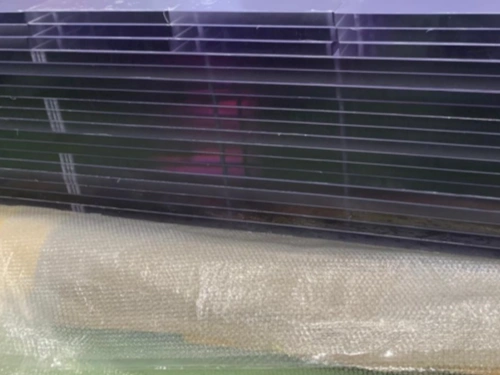
PC
PC for CNC machining, or Personal Computer for Computer Numerical Control machining, is a crucial component in modern manufacturing processes. It serves as the central control unit for managing CNC machines, allowing for precise and automated machining of various materials. One major advantage of using a PC for CNC machining is the ability to program complex designs with ease, leading to higher precision and efficiency in production. Additionally, PC software allows for real-time monitoring and adjustments, improving overall machine performance. However, a disadvantage of relying on PC for CNC machining is the potential for system failures or software malfunctions, which can halt production and result in costly downtime. Despite this drawback, the advantages of using a PC for CNC machining greatly outweigh the disadvantages in terms of accuracy and productivity.
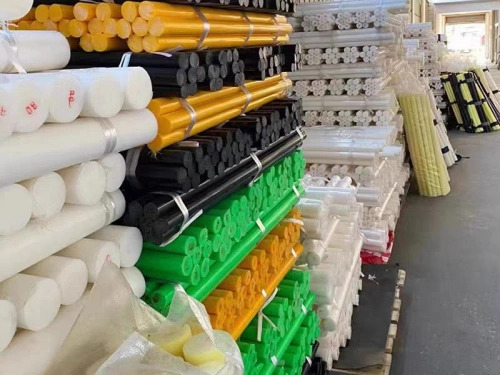
PP
PP, or Polypropylene, is a widely used material in CNC machining due to its versatility and cost-effectiveness. One of the main advantages of using PP for CNC machining is its high strength-to-weight ratio, making it suitable for a wide range of applications. Additionally, PP is resistant to many chemicals and has good impact resistance, making it a durable material for various industries. However, one of the main disadvantages of PP is its poor resistance to UV radiation, which can cause degradation over time. Additionally, PP has a lower melting point compared to other materials, which can limit its use in high-temperature applications. Overall, PP is a popular choice for CNC machining due to its balance of strength, flexibility, and affordability.
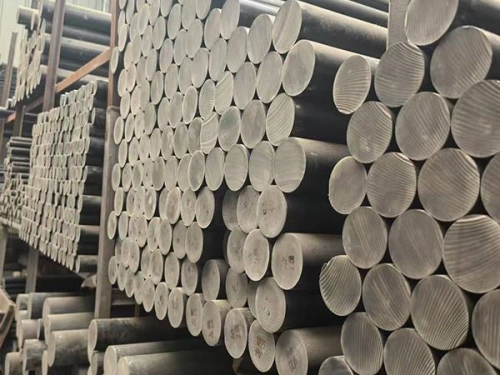
PET
PET, or polyethylene terephthalate, is a common material used in CNC machining due to its excellent strength, stiffness, and dimensional stability. One of the main advantages of PET for CNC machining is its durability, allowing for precise and accurate parts to be produced consistently. Additionally, PET is also resistant to chemicals and moisture, making it suitable for a wide range of applications. However, one disadvantage of PET is that it can be difficult to machine due to its tendency to melt and stick to cutting tools, causing issues such as burrs and poor surface finishes. Despite this drawback, with proper cooling and machining techniques, PET can still be a valuable material for CNC machining projects.
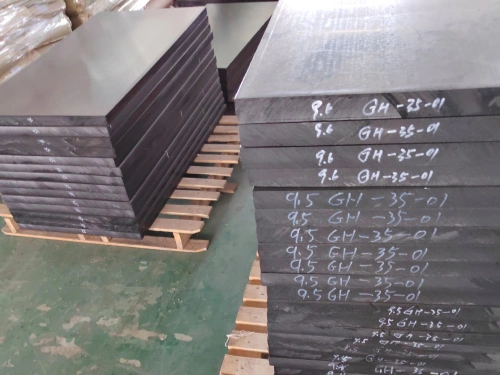
POM
POM, or Polyoxymethylene, is a type of engineering thermoplastic that is commonly used in CNC machining processes. Its advantages include high strength, stiffness, and resistance to wear and chemicals, making it an excellent choice for producing precise and durable parts. POM also has a low coefficient of friction, which reduces the need for lubrication in moving parts. However, POM does have some disadvantages. It is susceptible to degradation when exposed to UV light, which can cause discoloration and reduce its mechanical properties over time. POM also has a high shrinkage rate, which can lead to dimensional inaccuracies in the final product if not properly accounted for during the machining process.
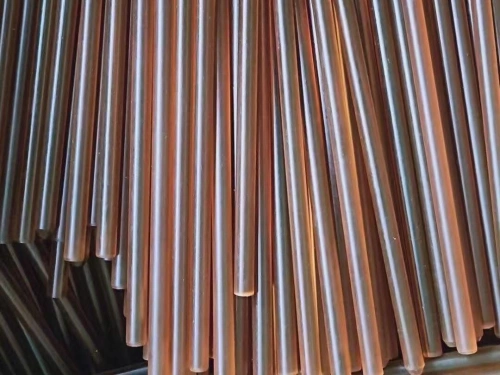
PVC
PVC, or Polyvinyl Chloride, is a popular material used in CNC machining due to its versatility and cost-effectiveness. Its advantages include being lightweight, rigid, and easily moldable, making it ideal for creating intricate and complex parts. PVC is also resistant to corrosion, chemicals, and weathering, making it suitable for various applications. However, one of the main disadvantages of PVC is its poor thermal stability, which can lead to deformation at high temperatures during machining. Additionally, PVC can release toxic fumes when heated, posing health risks to operators. Despite these drawbacks, PVC remains a favored material for CNC machining due to its affordability and ease of use in creating precision components for a wide range of industries.
Surface Finishes
We bring expert knowledge and experience to every product surface we treat.
| Name | Description | Materials | Color | Texture | More |
|---|---|---|---|---|---|
| Brushing | Brushing is a dental hygiene practice that involves using a toothbrush and toothpaste to clean teeth and gums. It helps remove plaque, prevent cavities, and maintain oral health. Brushing should be done at least twice a day for optimal results. |
Aluminum, Brass, Stainless Steel, Steel, ABS,etc | N/A | Satin | |
| Sand Blast | Sand blasting is a process where fine particles, typically sand, are forcefully propelled against a surface to remove contaminants or roughen the surface for finishing. It is commonly used in industries for cleaning and surface preparation. |
All Metal Materials, Plastic | N/A | Matte | |
| Tumbling | Tumbling is a gymnastics skill involving acrobatic movements such as flips, somersaults, and twists. It requires strength, flexibility, and coordination to perform safely and effectively. Tumbling is commonly seen in cheerleading routines and gymnastics competitions. |
All Materials | N/A | Smooth, Matte | |
| Polishing | Polishing is the process of refining a surface to achieve a smooth and glossy finish. It is commonly done on metals, wood, jewelry, and even floors to enhance their appearance and remove imperfections. |
All Materials | N/A | Smooth | |
| Anodizing | Anodizing is an electrochemical process that enhances the surface of metals, particularly aluminum, by creating a protective oxide layer. This layer improves resistance to corrosion, wear, and gives the metal a more aesthetically pleasing finish. |
Aluminum, Titanium | Clear, Yellow, Green, Blue, Black, etc |
Smooth, matte finish. | |
| Painting | Painting is a visual art form used to express ideas, emotions, and creativity. It involves applying pigments on a surface to create images or designs. Paintings can convey messages, evoke feelings, and showcase the artist's skill and vision. |
All Materials | Clear, Yellow, Green, Blue, Black, Multiple | Gloss, semi-gloss, flat, metallic, textured | |
| Black Oxide | Black oxide is a chemical conversion coating used to blacken ferrous metals such as steel and iron. It provides corrosion resistance, improved appearance, and increased lubricity to the metal surface. |
Steel, Stainless Steel | Black | Smooth, matte | |
| Electroplating | Electroplating is a process where a metal object is coated with a thin layer of another metal through electrolysis. This technique is commonly used to improve appearance, corrosion resistance, and durability of various items. |
Aluminum, Steel, Stainless Steel | Gold, Silver, Nickel, Copper, Brass, Zinc, Chrome | Smooth, glossy finish | |
| Powder Coating | Powder coating is a dry finishing process that involves applying a fine powder to a surface using an electrostatic charge. The powder is then heated to create a uniform and durable coating. |
Aluminum, Stainless Steel, Steel,etc | Custom | Gloss, matte or semi-gloss | |
| Alodine | Alodine, also known as chem film or chromate conversion coating, is a chemical treatment applied to aluminum and other metals to increase corrosion resistance, improve paint adhesion, and enhance electrical conductivity. |
Aluminum, Stainess Steel | Clear, Gold | As machined | |
| Passivation | Passivation is a process used to protect metal surfaces from corrosion. It involves forming a thin, protective layer on the metal to prevent it from reacting with the surrounding environment and prolong its lifespan. |
Stainess Steel | N/A | Matte | |
| Electroless Plating | Electroless plating is a process of depositing a thin layer of metal onto a material without the use of an electric current. This technique is commonly used in manufacturing for adding corrosion resistance and surface finishes. |
Metal, Plastic | Gold, Silver, Nickel, Copper, Brass, Zinc, Chrome | Smooth, glossy finish |
Gallery Parts
CNC machining services Locations Near Maryland, USA
Your product’s surface is in expert hands with our professional finishing team.
FAQ
Here, some of the most common questions about CNC machining services for Maryland, USA. ” free to contact us if you have any question.”
Frequently Asked Questions about CNC Machining Services in Maryland, USA
Are you looking for CNC machining services in Maryland, USA? Here are 10 pairs of frequently asked questions that can help you better understand this topic.
Q: What is CNC machining?
A: CNC machining, or computer numerical control machining, is a manufacturing process that uses pre-programmed computer software to control the movement of tooling machinery and produce custom-designed parts and products.
Q: Why should I choose CNC machining services?
A: CNC machining services offer precision, efficiency, and consistency in producing parts that meet specific requirements. They are also cost-effective for producing high-quality and complex parts in large quantities.
Q: What industries can benefit from CNC machining services?
A: Industries such as aerospace, automotive, medical, electronics, and defense can benefit from CNC machining services for producing custom parts and components with tight tolerances and intricate designs.
Q: How do I choose the right CNC machining service provider in Maryland?
A: When choosing a CNC machining service provider, consider factors such as experience, capabilities, reputation, quality control measures, pricing, and turnaround time to ensure that they meet your specific requirements and expectations.
Q: Can CNC machining services in Maryland accommodate prototypes and low-volume production?
A: Yes, many CNC machining service providers in Maryland can accommodate prototype development and low-volume production runs to help you test and validate designs before scaling up for mass production.
Q: What materials can be used in CNC machining services in Maryland?
A: CNC machining services in Maryland can work with a wide range of materials, including metals (aluminum, steel, titanium), plastics (ABS, acrylic, nylon), and composites, to meet different application requirements.
Q: How long does it take to complete a CNC machining project in Maryland?
A: The time to complete a CNC machining project in Maryland depends on factors such as the complexity of the design, the quantity of parts needed, the type of material used, and the workload of the service provider. Most projects can be completed within a few days to a few weeks.
Q: What quality control measures are in place for CNC machining services in Maryland?
A: CNC machining service providers in Maryland implement quality control measures such as inspections, testing, and certifications to ensure that parts meet the required specifications and quality standards before being delivered to customers.
Q: Can CNC machining services in Maryland provide custom finishing options for parts?
A: Yes, many CNC machining service providers in Maryland offer custom finishing options such as anodizing, powder coating, painting, plating, and polishing to enhance the aesthetics and functionality of parts based on customer requirements.
Q: How can I request a quote for CNC machining services in Maryland?
A: To request a quote for CNC machining services in Maryland, you can contact service providers directly through their website, email, or phone to provide details about your project requirements, including design files, material specifications, quantities, and any special instructions for accurate pricing and lead time estimates.
Conclusion
Whether you are looking to produce prototypes, custom parts, or high-volume production runs, CNC machining services in Maryland, USA, offer a reliable and efficient solution for meeting your manufacturing needs. By understanding these frequently asked questions, you can make informed decisions when choosing a CNC machining service provider that aligns with your project requirements and expectations.
